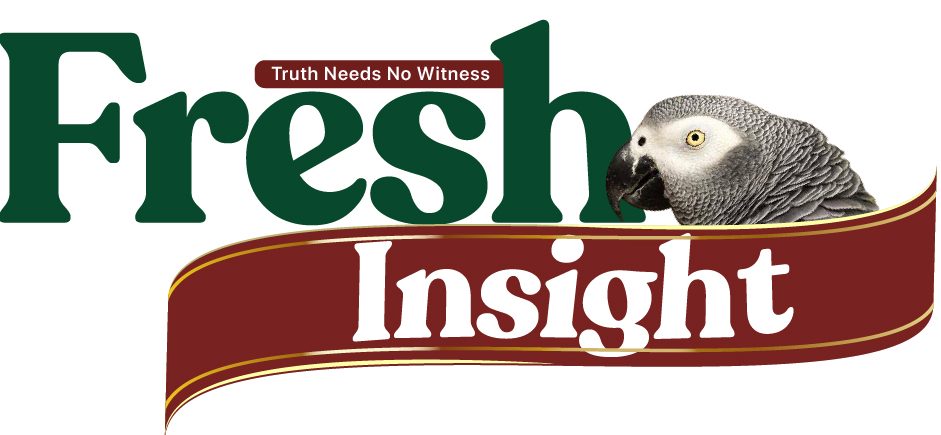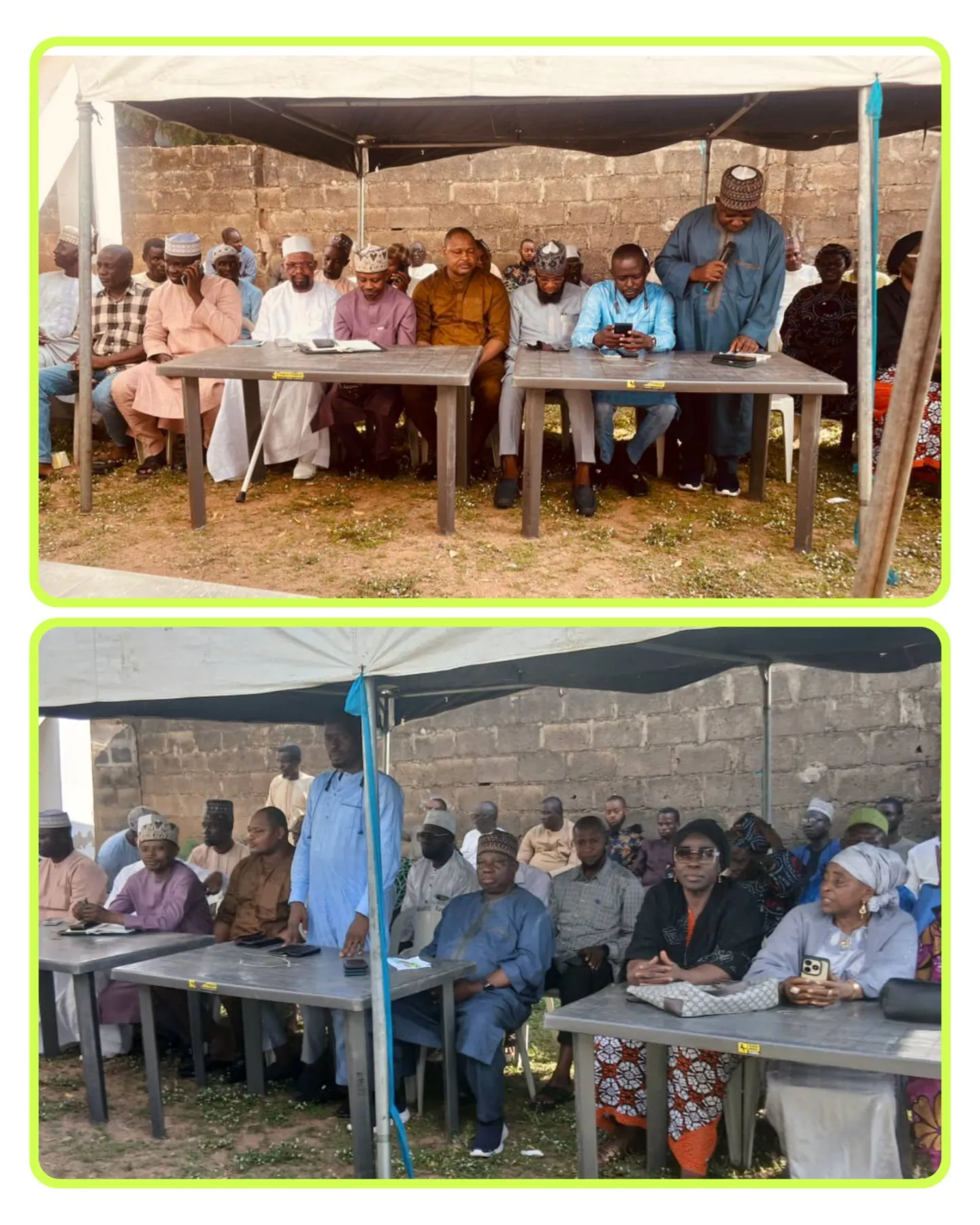Dr. Olayemi Cardoso, the governor of the Central Bank of Nigeria, has stated that in order to support President Bola Tinubu’s $1 trillion economy, the top bank will be requesting that Nigerian banks raise their capital bases.
According to the Commercial Banks regulations No. 1 2010 [iv], the minimum paid-up share capital to be maintained for a National level banking license is N25 Billion Naira or any such amount that may be prescribed by the Central Bank of Nigeria, while for a Regional Banking License is N10 Billion Naira and International Commercial Banking License is N50 Billion.
Cardoso revealed this on Friday while serving as the keynote speaker and special guest of honor at the 58th Annual Dinner of the Chartered Institute of Bankers of Nigeria in Lagos.
“It is anticipated that the medium-term economic impact of the elimination of the gasoline subsidy, the implementation of a floating exchange rate, and other government policies will be positive,” he stated.
These actions are anticipated to boost investor confidence, draw in new funding, entice domestic investors, and eventually raise the level of foreign reserves. They should also help maintain the stability of the regional economy. Nigeria’s financial industry has shown resilience in 2023 despite the difficult local and international economic climate, with important indicators of financial soundness substantially reaching regulatory standards.
A stress test on the banking sector reveals the sector’s resilience to mild to moderate levels of ongoing financial and economic strain. Even yet, there is still opportunity to improve shock resistance.
As a result, substantial work needs to be done to prepare the sector for upcoming difficulties. I recently spoke at the 370th Bankers’ Committee Meeting, and I focused on President Bola Ahmed Tinubu’s mandate’s economic program. The administration has set a lofty target for itself: a $1 trillion GDP in the next seven years.
Sustainable and inclusive economic growth at a rate far faster than current levels is required to meet this aim. Assessing our financial sector’s suitability to support the envisaged broader economy is crucial. It’s not just about how stable it is right now. We must consider whether Nigerian banks will soon be able to service a $1 trillion economy with enough capital to meet the demands of the financial system. Until we take action, I believe the answer is no. The Central Bank will order banks to raise their capital as a first test.
In his welcome speech, Ken Opara, the president and chairman of the CBN, noted that previous guest speakers, who were governors of the CBN, had used the platform to exchange views on the state of the financial and economic markets as well as to offer predictions for the coming year.
Opara continued by outlining a few of the CBN’s activities since Cardoso became power and concluded by saying that much work remained.
It is important to mention that within the short time in office, the Central Bank governor has activated some key initiatives aimed at repositioning and stabilising the economy. I will mention a few, focusing on the core monetary mandate of price and exchange rate stability, the unification of the exchange rate, and initiating steps to improve liquidity in the foreign exchange market, therefore achieving real positive change. We are on a journey and we are not yet there but we believe that we are progressing as we are not oblivious to the inflationary pressure that has intensified and has reached a high of all-time high of 27.33 per cent in October 2023 while the exchange rate continues to rise. We believe that the focus should continue to be on reforms and incentives that will boost non-oil export revenue as well as attract diaspora and foreign portfolio investment.
These accomplishments are related to the President of the Federal Republic of Nigeria, His Excellency, Asiwaju Bola Ahmed Tinubu, GCFR, and his Renewed Hope Agenda, a comprehensive development plan that aims to address the most pressing issues facing Nigeria. These issues are outlined in eight points: economic growth and transformation; rule of law; fighting corruption; improved security; job creation; food security; and ending poverty.
Senator Kashim Shettima, the vice president, was represented by Mrs. Rukayat El-Rufai, the president’s special adviser on the National Economic Council and climate change.
“In the last few months, we have witnessed what have been described as the new dawn in the management of our monetary policy and fiscal policy in line with the renewed hope agenda of the current administration led by President Bola Tinubu,” Governor Babajide Sanwo-Olu said in his message of goodwill, represented by Commissioner of Finance Abayomi Oluyomi.
“I am confident that these anticipated positive impacts of the monetary and fiscal policies of the new administration will fully manifest in our macro and micro economic indices, and most importantly, for us as politicians, in the living conditions of our people in the first full fiscal year of this administration and the management of the Central Bank of Nigeria under Dr. Yemi Cardoso.”
Ebenezer Onyeagwu, the chairman of the Body of Bank CEOs, said in his speech that the banking sector was growing stronger even as the FX forwards issue was being resolved.
The CEO and Group Managing Director of Zenith Bank Plc, Onyeagwu, stated, “We are moving forward and the industry is getting stronger. The elephant in the room, FX forwards, has been caged.”
In his expression of goodwill, Wale Edun, the minister of finance and coordinating minister of the economy, stated, “The industry is thriving and relatively healthy.” We can demonstrate our capabilities to the global financial community by introducing Nigerian banks to other parts of Europe and beyond. Even if it has been challenging, we must persevere.




